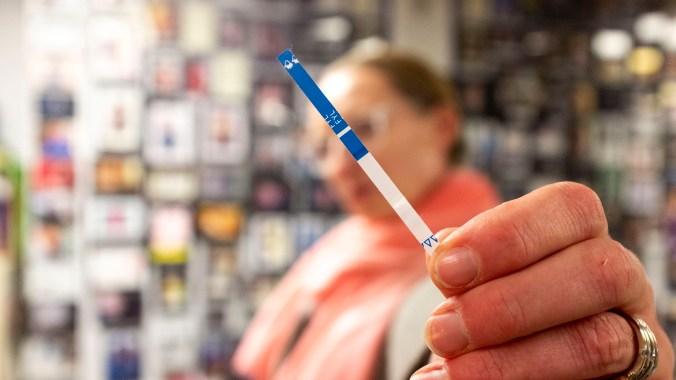
More than a thousand Coloradans died from a drug overdose in 2019, according to new data from the state health department — and public health officials worry the number of deaths in 2020 could climb higher still, due to fallout from the pandemic.
A record number of people, 1,062, have died. That's 50 more than the previous high in 2017. The rate per 100,000 people is also an all-time high.
A pair of drugs, fentanyl and methamphetamines, are now driving overdose trends in Colorado, said Robert Valuck, the executive director of the Colorado Consortium for Prescription Drug Abuse Prevention.
"Meth seems to be making a comeback," he said.
Fentanyl is a powerful synthetic opioid, as much as 50 times more potent than heroin, and 100 times more potent than morphine. The Colorado Health Institute reports deaths involving heroin and cocaine seemed to be flattening in 2019.
The death rate from fentanyl overdoses quadrupled last year from 2016.
“Really now it's the point where it's doubling every year and that's not good,” Valuck said.
Fentanyl deaths climbed sharply in 2019 to 220 total, accounting for a fifth of all overdose deaths.
Valuck worries the coronavirus could make things worse. Stress and anxiety may drive up use at a time when local agencies and treatment centers are struggling financially. State and local budgets, which fund many programs, are also getting hammered.
In July, health officials issued a warning that fatal overdoses are up significantly in Denver in 2020, especially those linked to fentanyl. They issued a similar one last year, too. Denver’s public health and police departments said fentanyl-related overdose figures were up 282 percent in the first five months of this year compared to last.
They warned the drug can come in pills, capsules, rock, and pure powders, but can’t be seen, tasted or smelled when mixed with other drugs. It can also be found in counterfeit pills, made to look like prescription medications.
Health officials had hoped overdoses were on the decline after the number of deaths dropped for the first time in years in 2018.
“We think that that one year was probably a blip, rather than a trend,” Valuck said.
Still, he thinks it’s possible more people were accessing treatment, and the more widespread use of the overdose reversal drug Naloxone was preventing deaths.
“We're seeing how hard it is to really bend the curve on this thing. I think that's the message,” he said. “It's a very, very, very difficult thing to try to turn around.”








